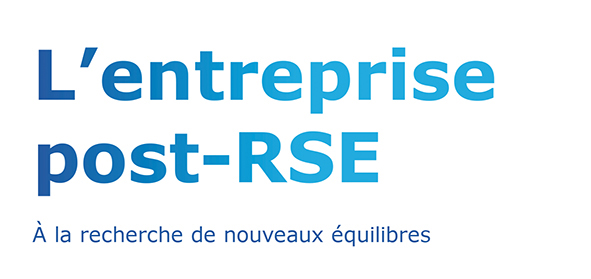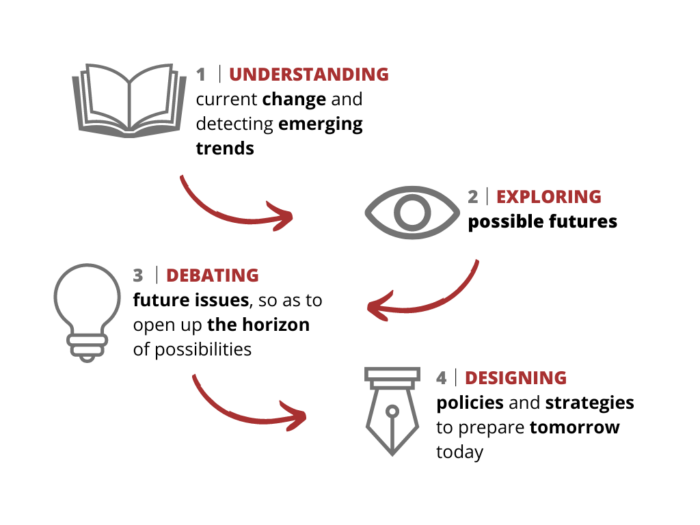It is more than 40 years since Corporate Social Responsibility (CSR) emerged as a precise concept that was destined to spread around the economic world. It was actually in 1976 that the Organization for Economic Cooperation and Development (OECD) adopted a list of guiding principles which aimed to provide a frame of reference for it. Since then, CSR has gradually become institutionalized in Europe (European Commission Green Paper in 2001; 2014 directive requiring enterprises to publish their CSR assessment etc.) and businesses seem generally to be playing their part.
Continuing the series on the role of enterprises in constructing the common good (begun in Futuribles 426 and continuing in 427 and 429), Marthe de La Taille-Rivero shows here, drawing on a report published in late 2018 by the Institut de l’Entreprise on post-CSR business, how enterprises have taken on board this demand for CSR, particularly in France. This report also stresses how, given the new social and environmental challenges etc., they could go beyond classical CSR and “put shareholders at the core of the reactor”, with the aim of promoting the public good. It argues that the next stage could consist in allying shareholder profit to the general interest, with the business being placed at the centre of the equation.




